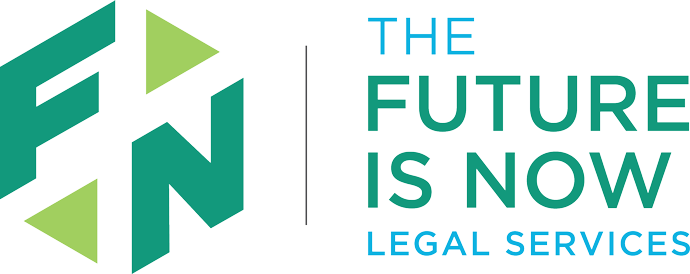The Essentiality of Civility
The First Amendment right to speak freely has become a moniker for unabashed expressive behavior without acceptance of the responsibility to exercise that right respectfully. At its core, this notion of uninhibited, anti-politically correct speech has dimmed the hope of productive dialogue. Persuasion dissipates when incivility dominates.
Civility constitutes a foundational element of professionalism, which is a vital attribute for success in the 21st century, Blake Morant said. However, while civility is crucial, it does have limits. Civility doesn’t require engagement with individuals who utter speech that, at its core, has no connection with respect or mutuality.
Morant urged educators and civic leaders to advocate for civil discourse as a fundamental element of constructive engagement, thereby maximizing the communication of ideas and the broadening of minds. Moreover, Morant said that both the legal profession and society are better served when individuals engage in civil discourse.
Speaker Bio
Blake D. Morant is former Dean and current Robert Kramer Research Professor of Law at The George Washington University Law School. Prior to assuming the deanship, he was Dean of the Wake Forest University School of Law. Blake has held national leadership positions at the Association of American Law Schools (AALS) and the American Bar Association (ABA), including AALS President in 2015. Currently, he’s a member of the ABA’s Commission on the Future of Legal Education and president of the AALS Fellows.
Among his many professional honors, Blake was named the John R. Kramer Outstanding Law Dean by Equal Justice Works and recognized four times by The National Jurist as one of the most influential people in legal education. Prior to becoming a legal academic, he served in the Army’s Judge Advocate General Corps, as a Senior Associate with a Washington, D.C., law firm, and as Assistant General Counsel for the Washington Metropolitan Area Transit Authority.
